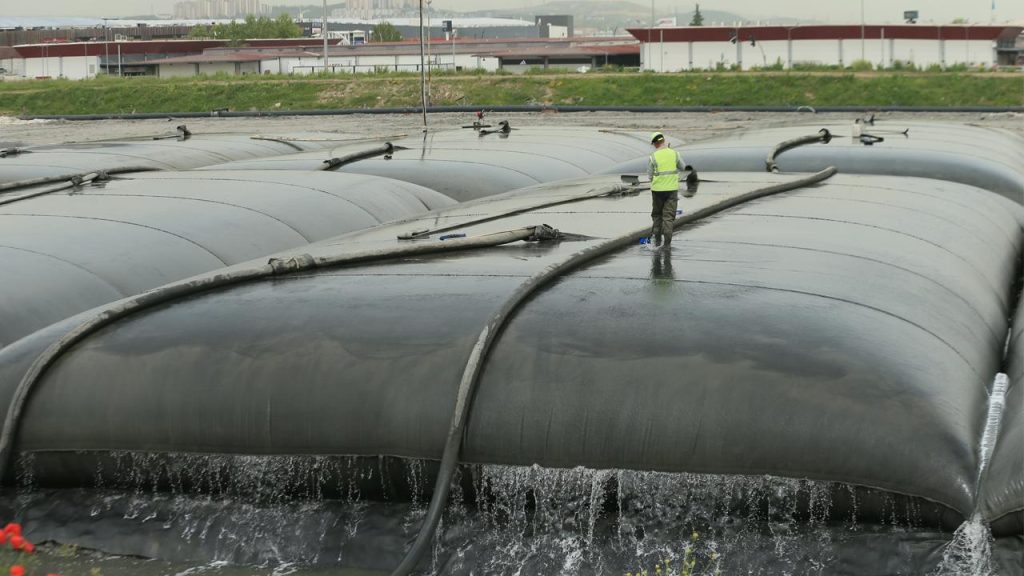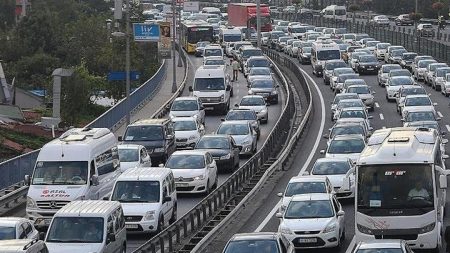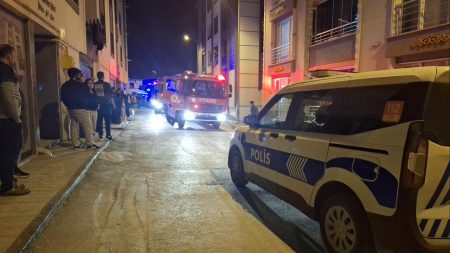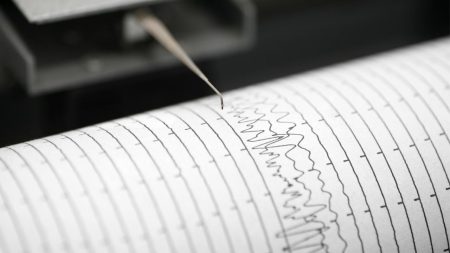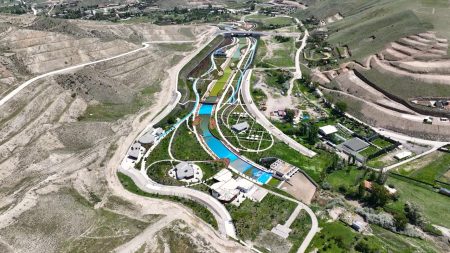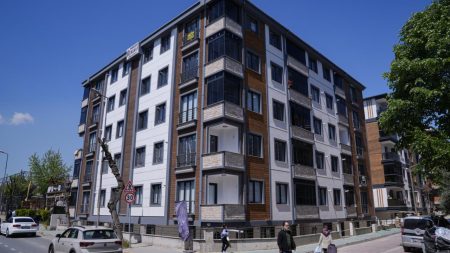The “Izmit Gulf Eastern Basin Sludge Cleaning, Dewatering, and Disposal Service Project,” implemented in partnership with the Ministry of Environment, Urbanisation and Climate Change and Kocaeli Metropolitan Municipality, has been carrying out sludge cleaning on the eastern side of Izmit Gulf since May 2, 2023. The project, approved by the Presidency of Strategy and Budget, involves using vacuum ships to draw sludge and carry it to a storage area after passing through screening and dewatering processes at a 70-acre site established at the former fairground location in the district.
As part of the efforts to preserve biodiversity in the Izmit Gulf, 500,000 cubic meters of sludge have been drawn from the sea in a year, cleaning up 50 hectares of area and transporting 35,000 trucks of mud that could fill 250 Olympic-sized pools. With 23 treatment plants preventing the daily discharge of 400 tons of sludge from rivers into the Izmit Gulf, it is not expected for mud to accumulate again once the sludge cleaning is completed.
Speaking to Anadolu Agency, Mesut Önem, Head of the Department of Environmental Protection and Control at the Metropolitan Municipality, explained that they have conducted feasibility and implementation projects in cooperation with the TUBITAK Marmara Research Center (MAM) and Istanbul University. He highlighted that they aim to clean up approximately 468 hectares of sludge, with about 50 hectares already cleaned up at the current stage. Önem added that the first phase covering 122.5 hectares of the project will be completed by the end of the year to further protect the Izmit Gulf.
Önem emphasized their focus on control activities for ships and coastal facilities and preventing pollution from rivers to protect the Izmit Gulf. Sludge negatively affects the ecosystem by causing algae blooms and mucus formation, obstructing water circulation, and occasionally leading to odor issues. He stated that the project aims to regain the marine ecosystem and improve biodiversity with collaboration from Istanbul University’s Faculty of Water Sciences, monitoring changes before, during, and after sludge removal to scientifically demonstrate the improvements.
Without harming the ecosystem, Önem explained that they removed only the “polluting sludge” offshore and stressed that they do not foresee sludge accumulation again due to the ongoing improvement in physical, chemical, and water quality with sludge extraction. He mentioned that Kocaeli University produces bricks, tiles, bricks, and vehicle brake pads from stored sludge and continues to work on creating ceramic objects in the Faculty of Fine Arts. Önem also shared that the project has attracted interest from academics, representatives of civil society organizations, and foreign journalists, hosting 2,000 guests so far and providing information to officials from institutions in Mugla and Izmir facing similar issues in seas and gulfs on their visits to the area.









